Rattled investors flee Turkey
Investors' flight form Turkey, after Recep Tayyip Erdogan won last Sunday’s election, is making a nasty recession all the more likely.

Get the latest financial news, insights and expert analysis from our award-winning MoneyWeek team, to help you understand what really matters when it comes to your finances.
You are now subscribed
Your newsletter sign-up was successful
Want to add more newsletters?

Twice daily
MoneyWeek
Get the latest financial news, insights and expert analysis from our award-winning MoneyWeek team, to help you understand what really matters when it comes to your finances.

Four times a week
Look After My Bills
Sign up to our free money-saving newsletter, filled with the latest news and expert advice to help you find the best tips and deals for managing your bills. Start saving today!

You wouldn't think investors have become concerned about Turkey, says Swaha Pattanaik on Breakingviews. When President Recep Tayyip Erdogan won last Sunday's election, the Turkish lira bounced by almost 3% against the US dollar, and the stockmarket ticked up.
But the reaction reflected "relief that the country had avoided political gridlock", not an endorsement of an increasingly authoritarian president's policies. "How much he compromises the independence of the central bank will be fundamental" in Erdogan's next five-year term, says Marcus Ashworth on Bloomberg View. He has become notorious for picking fights with the bank, always insisting on keeping interest rates low to bolster growth. This has undermined confidence in the bank's efforts to quell inflation.
It has raised rates by 5% since April, but it may be a case of too little, too late. Prices are rising at an annual rate of 12%, propelled partly by overspending and a government-induced credit boom. Investors fearful of a hard landing have begun to vote with their feet, sending the lira down by a quarter against the greenback in 2018.
MoneyWeek
Subscribe to MoneyWeek today and get your first six magazine issues absolutely FREE

Sign up to Money Morning
Don't miss the latest investment and personal finances news, market analysis, plus money-saving tips with our free twice-daily newsletter
Don't miss the latest investment and personal finances news, market analysis, plus money-saving tips with our free twice-daily newsletter
Turkey is especially vulnerable to money leaving the country owing to its current-account deficit, which must be plugged with foreign capital. It is in debt to the rest of the world, and much of the debt is in (increasingly expensive) dollars. The International Monetary Fund estimates that Turkey relies on external financing for about 25% of its national income, notes Ashworth.
So as rattled investors flee, they make a nasty recession all the more likely. Of course, Erdogan could suddenly learn to stop interfering in the economy. But it's not the way to bet and it may be too late now anyway.
Get the latest financial news, insights and expert analysis from our award-winning MoneyWeek team, to help you understand what really matters when it comes to your finances.

-
 Should you buy an active ETF?
Should you buy an active ETF?ETFs are often mischaracterised as passive products, but they can be a convenient way to add active management to your portfolio
-
 Power up your pension before 5 April – easy ways to save before the tax year end
Power up your pension before 5 April – easy ways to save before the tax year endWith the end of the tax year looming, pension savers currently have a window to review and maximise what’s going into their retirement funds – we look at how
-
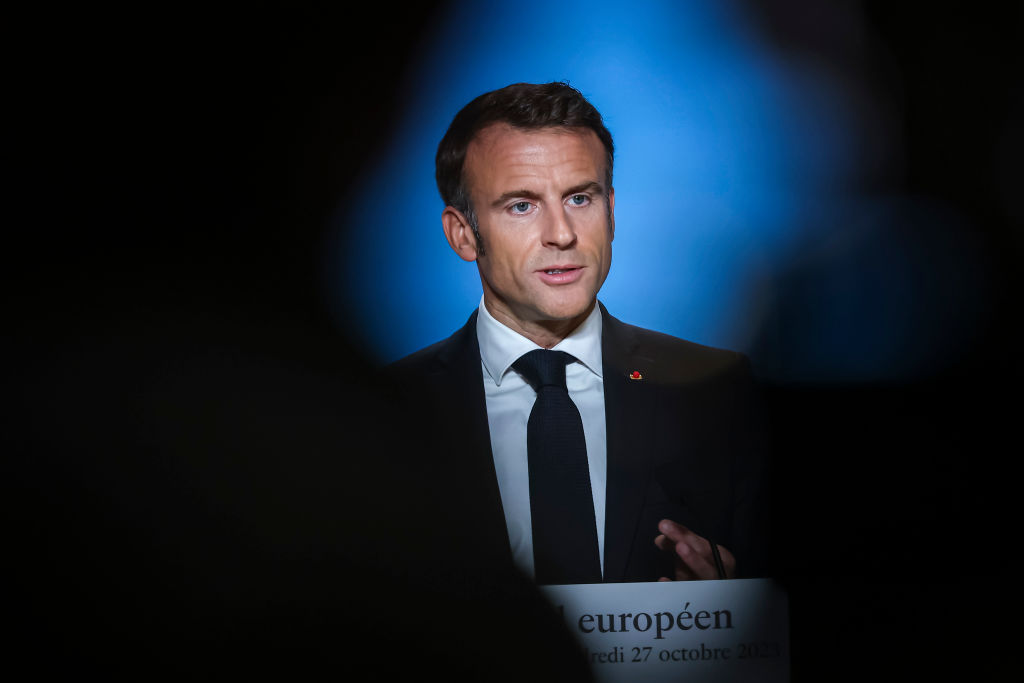 The French economy's Macron bubble is bursting
The French economy's Macron bubble is burstingCheap debt and a luxury boom have flattered the French economy. That streak of luck is running out.
-
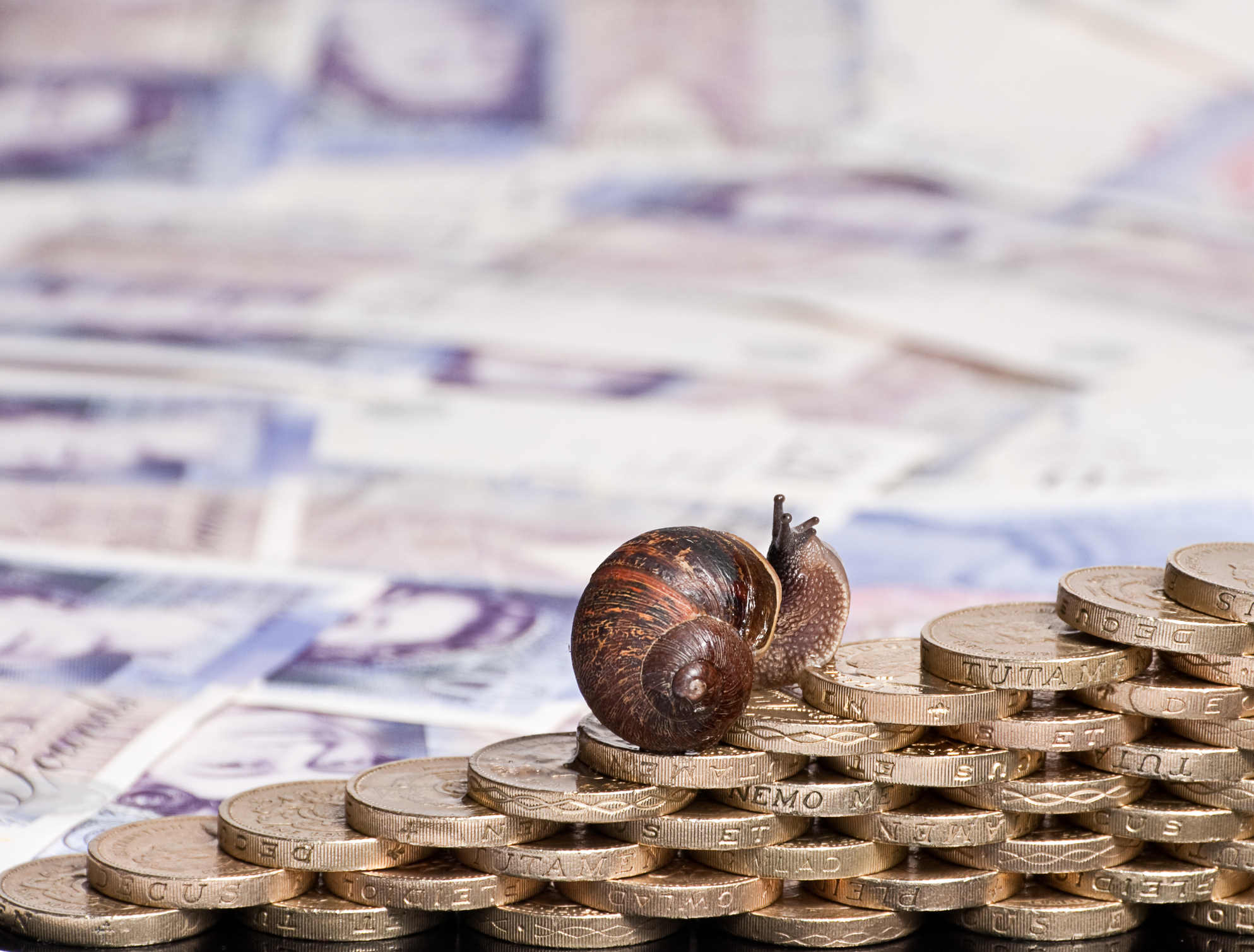 What is stagflation and what can be done about it?
What is stagflation and what can be done about it?The UK economy is showing signs of weakness, but inflation remains stubbornly high – a dangerous combination that economists call ‘stagflation’
-
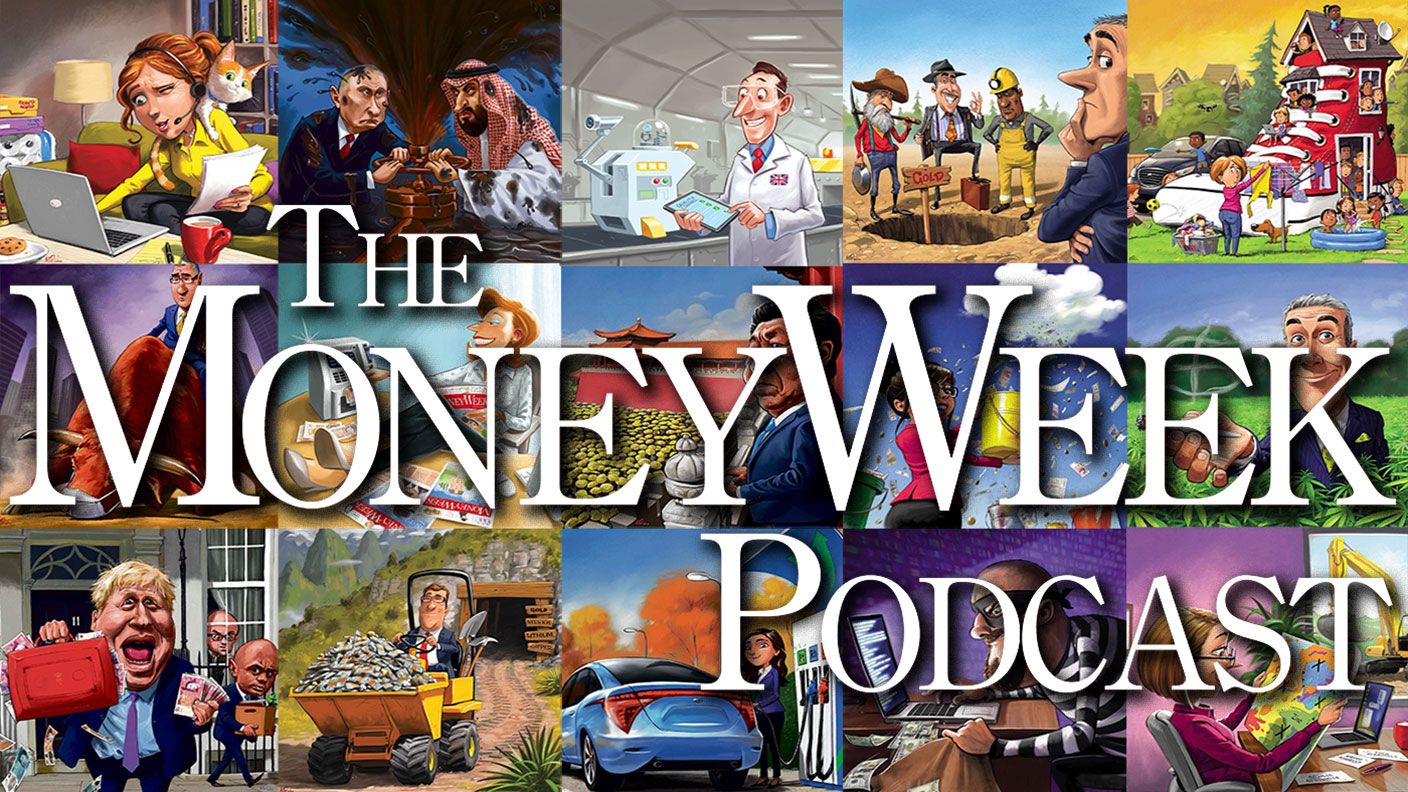 Mohamed El-Erian: inflation, disinflation and the mistakes of central bankers
Mohamed El-Erian: inflation, disinflation and the mistakes of central bankersPodcasts Merryn talks to economist Mohamed El-Erian about the state of the global economy, how the Fed became hostage to the marketplace, and how you should position your investments in distorted markets.
-
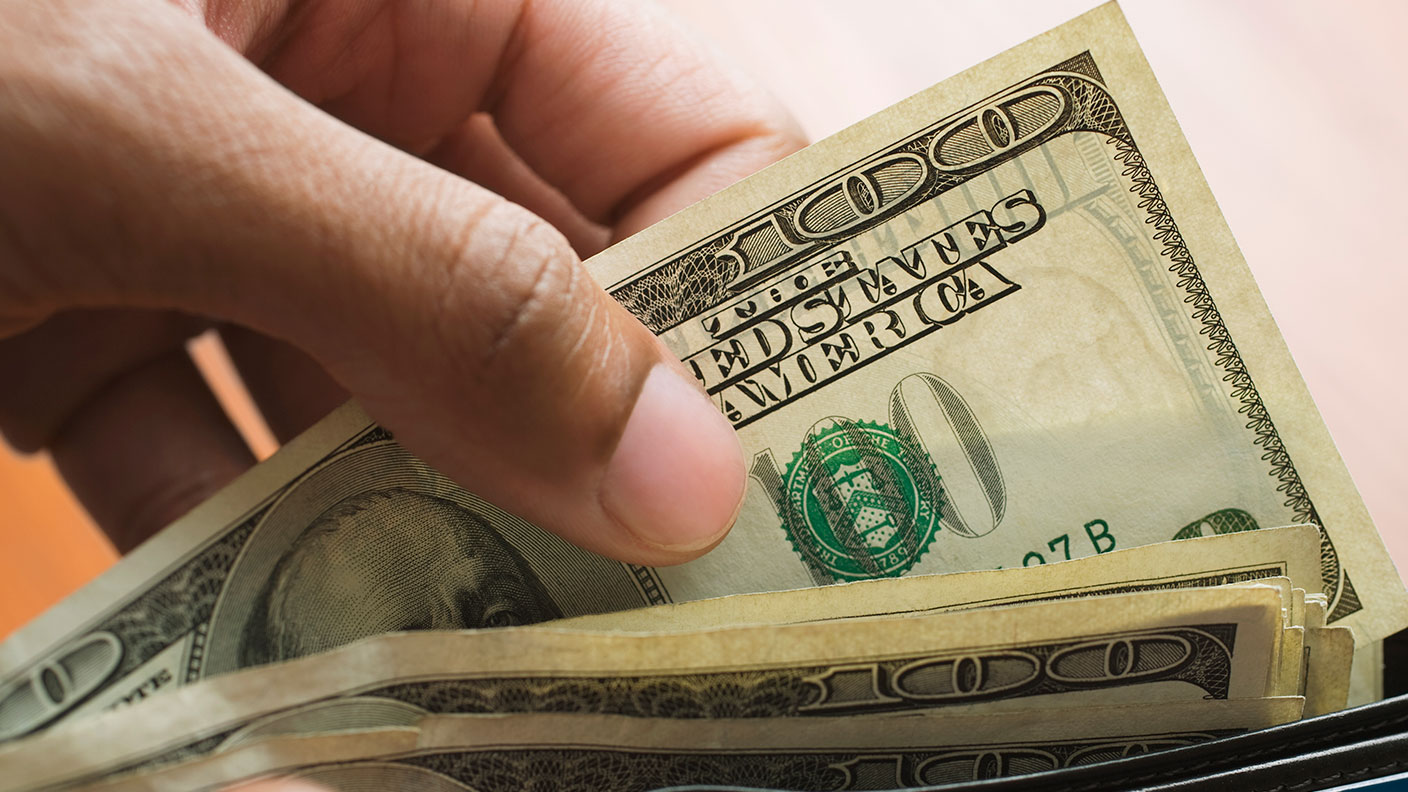 Three key lessons on the 50th anniversary of the gold standard's demise
Three key lessons on the 50th anniversary of the gold standard's demiseAnalysis Since 1973, the global monetary system has been backed by the dollar, not by gold. John Stepek looks at whether that will last and what may be next.
-
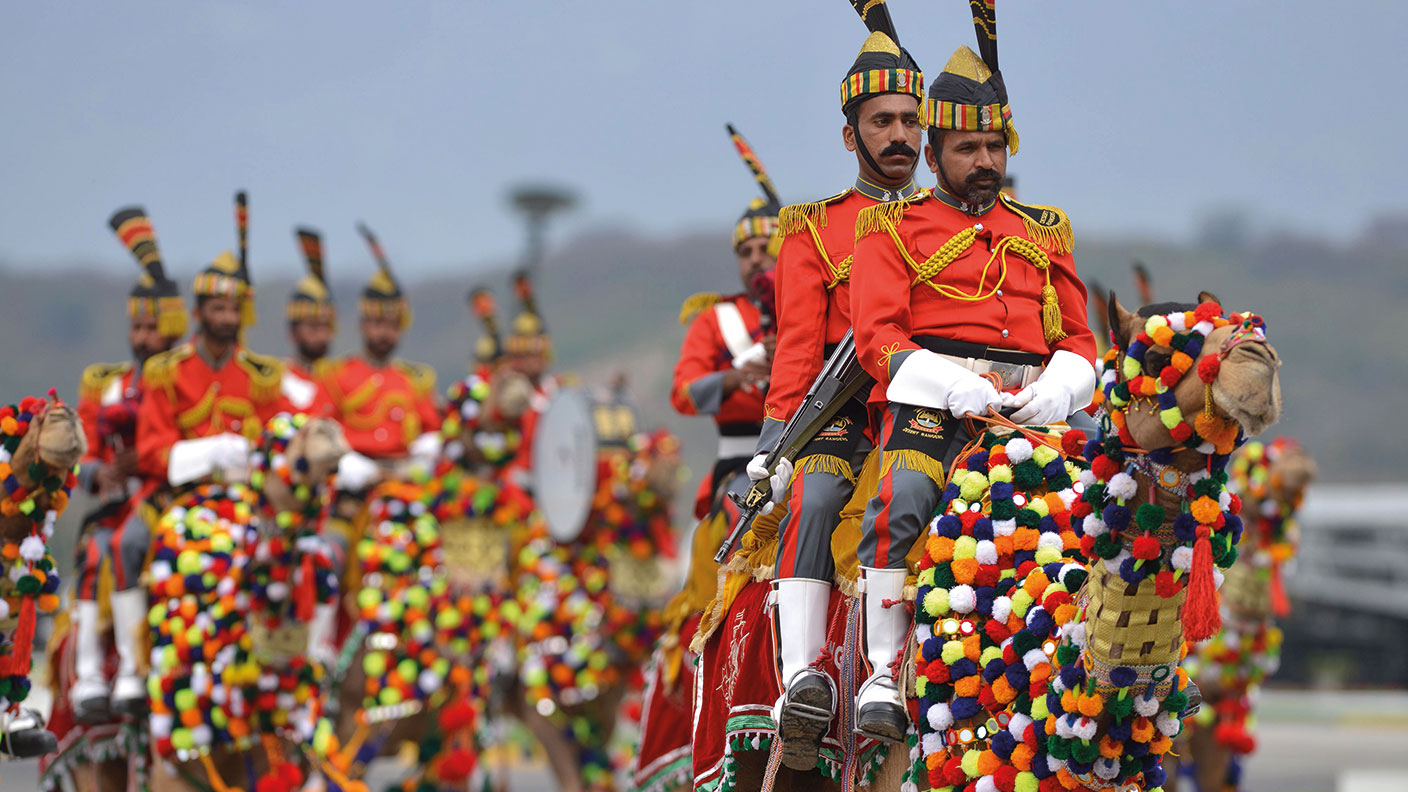 The IMF and World Bank: a truly gruesome twosome
The IMF and World Bank: a truly gruesome twosomeOpinion The International Monetary Fund and the World Bank, set up in 1944, now look sclerotic and ineffectual, says Jonathan Compton.
-
Greece emerges from intensive care
Features Following three rescue packages in eight years, the eurozone’s problem child is standing on its own two feet again. But the debt crisis has merely been managed, not resolved. Alex Rankine reports.
-
 Greece: another serving of EU fudge
Greece: another serving of EU fudgeFeatures Greece is finally emerging from its financial rescue programme, but it will have to keep a tight lid on spending for years.
-
 Argentina is thrown a $50bn lifeline
Argentina is thrown a $50bn lifelineFeatures Argentina has agreed s $50bn credit deal with the IMF, which should stabilise the currency and encourage foreign investment.